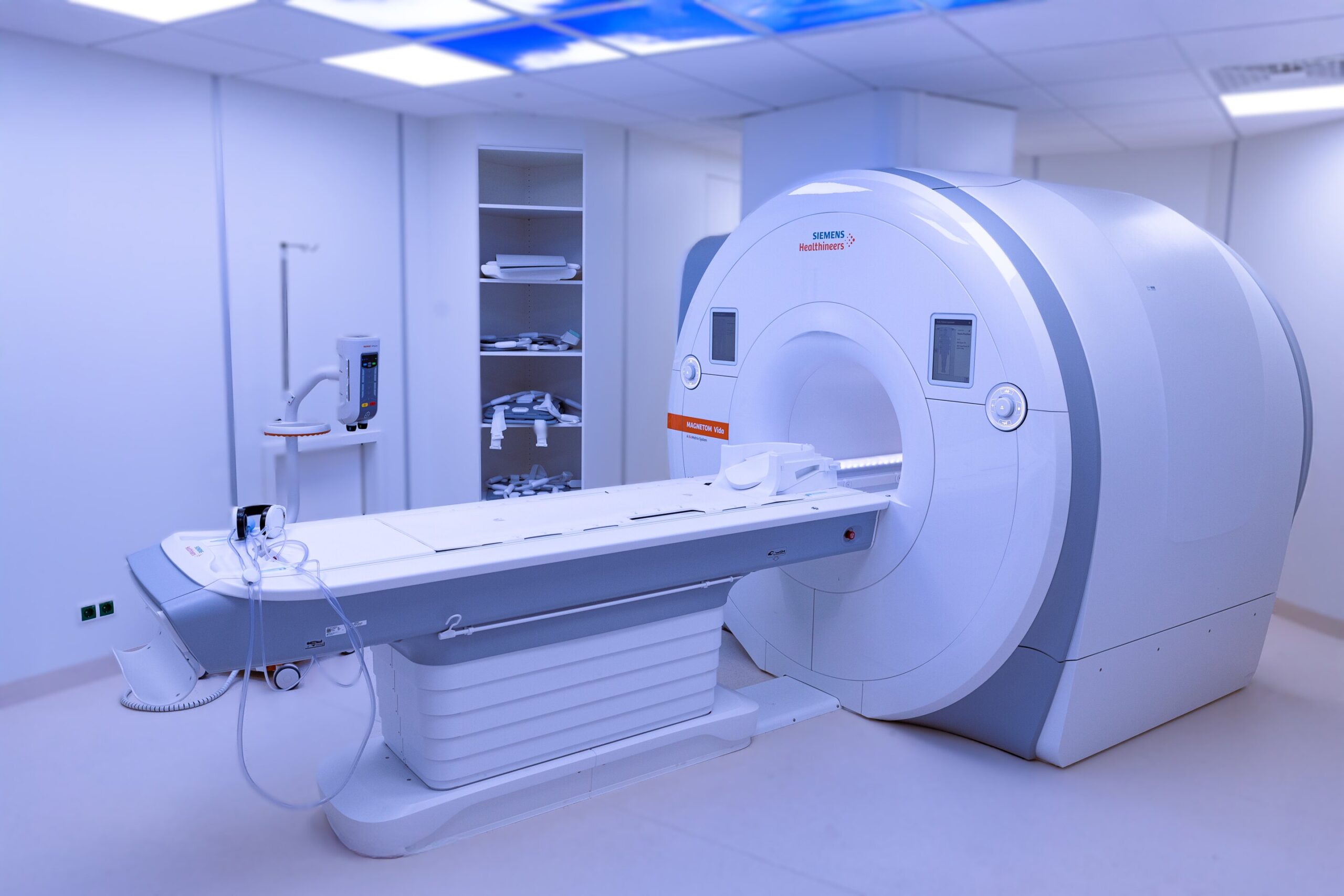A recent study conducted by Charité—Universitätsmedizin Berlin has demonstrated that utilizing magnetic resonance imaging (MRI) as the initial diagnostic tool for prostate cancer is both safe and effective over a long-term period. Traditionally, elevated prostate-specific antigen (PSA) levels prompt immediate tissue biopsies, which can lead to overdiagnosis and unnecessary treatments. In this MRI-first approach, patients with elevated PSA levels undergo an MRI scan first, and only those with suspicious findings proceed to biopsy. The study, published in JAMA Oncology, found that 96% of patients with normal MRI results did not develop aggressive prostate cancer within a three-year follow-up period, indicating that immediate biopsy could be safely avoided in these cases.
This approach not only reduces the number of unnecessary biopsies but also minimizes the associated side effects and risks, such as infection and overdiagnosis of indolent cancers. By reserving biopsies for patients with MRI-detected abnormalities, healthcare providers can focus on treating clinically significant cancers, thereby improving patient outcomes and resource utilization. The findings support the integration of MRI into the diagnostic pathway for prostate cancer, offering a more targeted and less invasive strategy for managing patients with elevated PSA levels. Click for More Details







